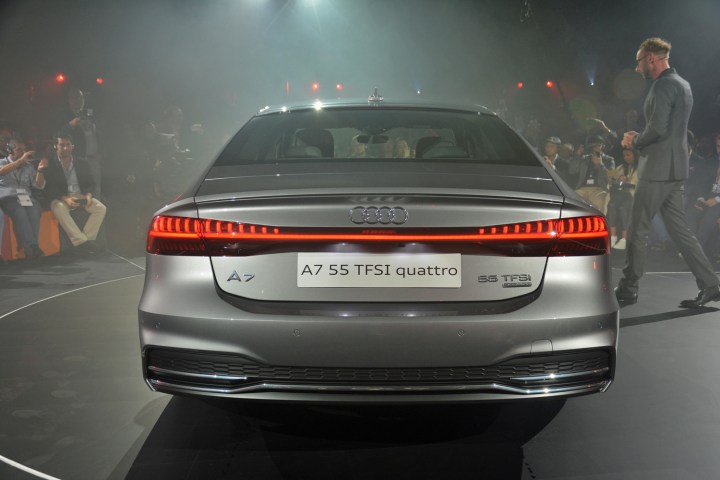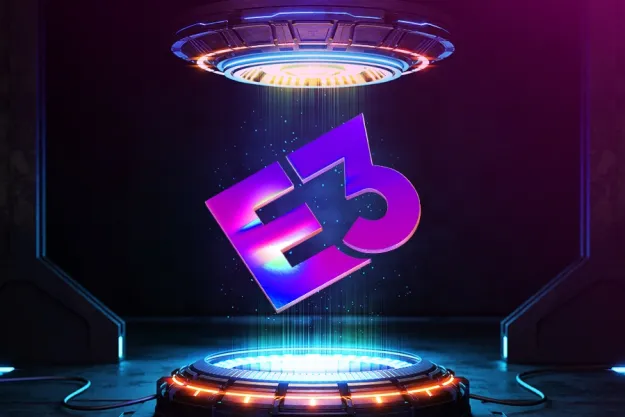
Speaking at the launch of the brand-new A7 in Germany, a spokesperson for Audi of America explained the naming system (the A7 55 TFSI is an example) makes a lot of sense in Europe, where the four-ring brand offers a wider portfolio of models that stretches all the way down into Mini territory. It also boasts a much larger palette of engines on the Old Continent than it does here.
For example, the 2.0-liter TDI engine is available with 122, 150, or 190 horsepower. The 2.0-liter TFSI ranges from 190 to 252 hp when it burns gasoline, and it’s rated at 170 hp when it runs on natural gas. That’s why a mere “2.0” emblem on the trunk lid is no longer sufficient to set the various models apart. Audi runs into the same issue with many of its smaller engines.
Its North American lineup is much more streamlined, so it’s considerably easier to differentiate the various models. The A6’s base engine is a 2.0-liter four-cylinder with 252 hp. Buyers who want more power are directed to a supercharged, 340-hp V6, not to a more powerful evolution of the turbo four. The standard A4 gets a 252-hp turbo four, the A4 ultra receives a 190-hp turbo four, and the S4 offers 354-hp from a 3.0-liter V6. It’s all a lot more straightforward than in Europe.
The company no longer sells diesels on our shores, and its CNG-powered, g-tron-badged models have never made the trip across the pond, so there’s no need to factor either into the equation. Audi won’t use the new naming system on its upcoming electric cars, either, although the company has confirmed the models will be offered with different power levels and battery pack sizes.
Hydrogen-powered models are a different story. Audi is in the early stages of developing a car powered by a hydrogen fuel cell, and selling it in the American market isn’t entirely out of the question. It’s still several years away from arriving in showrooms, so Audi of America has plenty of time to figure out whether to integrate fuel cells into its existing naming system, or whether to start from scratch.
Editors' Recommendations
- An Apple car won’t be coming in 2026 after all
- EVs won’t truly go mainstream until there’s a Kia Seltos of EVs
- The M2 Pro chip might be coming soon in a new 15-inch MacBook
- You won’t be taking Microsoft’s HoloLens 3 into the metaverse
- Battlefield 2042 won’t get its first season until summer



